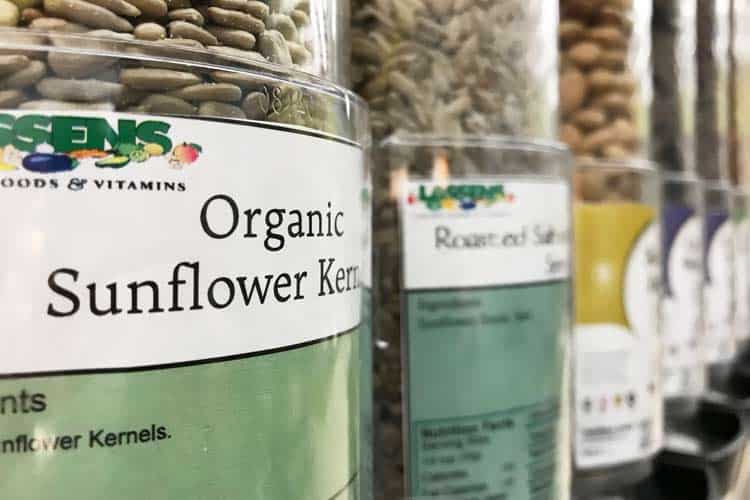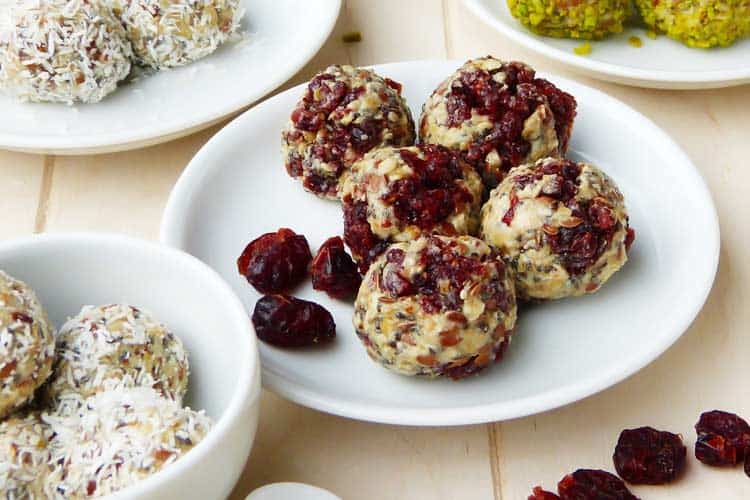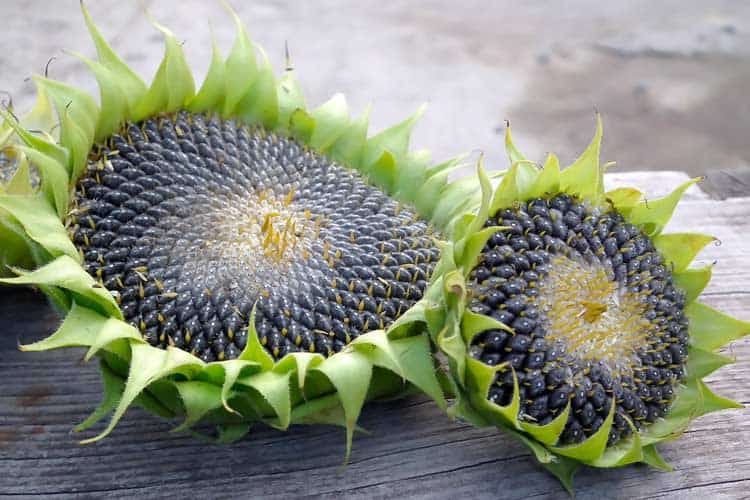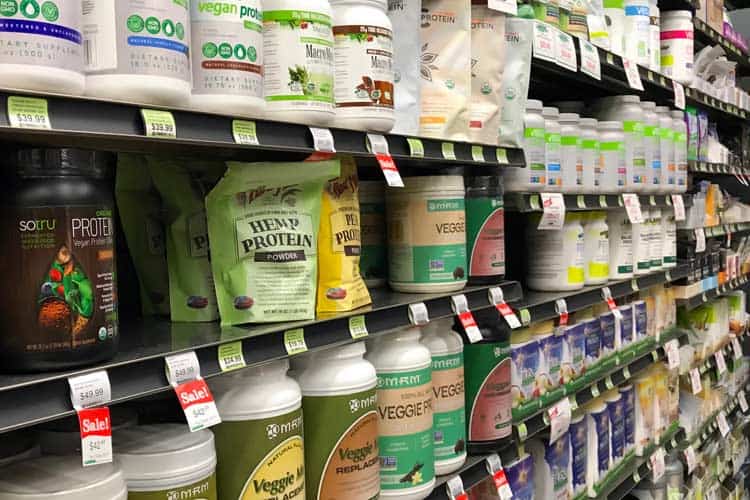[toc]Due to their high fat content, whole nuts and seeds are not something you would want to primarily rely on for protein. But they definitely deserve a place within your diet, especially considering their health benefits.
Before we talk about those, let’s analyze the aminos in this underappreciated seed.
Are they a good source of protein?
Sunflower seeds are high in protein. A 1 oz. serving of the raw or roasted kernels contains 5.9 grams of protein and is 166 calories. That means about 14% of the calories are coming from protein.
The amount of protein sunflower seeds have is fairly comparable to cashews at 5g for 157 calories, almonds at 6g for 163 calories, and peanuts at 7g for 161 calories. However there is more protein on a per calorie basis for pumpkin seeds. Those offer 5g for 126 calories.
Sunflower seeds are very low in carbs at 5.7 grams per serving. That’s less than 2% of the daily value recommended by the FDA. As with other nuts and seeds, they are high in fat content. In a 1 oz. serving of sunflower, roughly 80% of the calories are in the form of fat (132 out of 166 calories).
Protein per tablespoon of hulled sunflower seeds will be 2 grams, with the calorie count coming in at 62.
Basically you are eating protein, fat, and fiber with almost no carbs/sugars. These seeds are LCHF (low carb, high fat) which makes them a good choice for ketogenic, Atkins, and similar diets.
Is sunflower a complete protein?
Just because something is a rich source and marketed as such, that doesn’t mean it offers you a good balance.
Consider hemp protein. It’s touted as a superfood source, yet it disappoints for several essentials, especially the branched-chain amino acids (BCAAs).
Sunflower seeds are a complete protein, containing 9 of the essential amino acids. The only one that’s low is lysine, with a score of 36%. The seeds are rich in sulfur-proteins (methionine and cysteine) which will complement low-sulfur sources like lentils, dark meat chicken, and salmon.
| Amino Acid Profile of Sunflower Seed Protein Isolate | |||
|---|---|---|---|
| “Ideal” Protein (g per 100g protein) |
Sunflower Protein Isolate (g per 100g protein) |
Amino Acid Score | |
| Essential Amino Acids | |||
| Lysine | 5.5 | 1.97 | 35.81% |
| Methionine and Cysteine | 3.5 | 3.47 | 99.14% |
| Threonine | 4.0 | 3.39 | 84.75% |
| Isoleucine | 4.0 | 3.16 | 79.00% |
| Leucine | 7.0 | 6.18 | 88.29% |
| Phenylalanine & Tyrosine | 6.0 | 8.56 | 142.67% |
| Valine | 5.0 | 3.58 | 71.60% |
| Tryptophan | 1.0 | 1.66 | 166.00% |
| Non-Essential Amino Acids | |||
| Aspartic acid | 10.50 | ||
| Serine | 4.50 | ||
| Glutamic acid | 26.91 | ||
| Proline | 5.11 | ||
| Glycine | 4.88 | ||
| Alanine | 4.98 | ||
| Histidine | 3.06 | ||
| Arginine | 9.75 | ||
| Amino acid composition of an “ideal” protein according to Food and Agriculture Organization of the United Nations. Isolate prepared from defatted sunflower meal. Sources: (1) (2) |
|||
Although it’s a non-essential amino acid, arginine supplementation has been linked to better blood flow, blood pressure, and nitric oxide levels in some human studies. Sunflower protein is very rich in arginine, which means it may offer health benefits associated with such. (3)
In one double-blind study with 144 people who took 6.4g of L-arginine supplements daily for 18 months, there was improved fat mass and lean mass when compared to placebo. These people had impaired glucose tolerance (i.e. pre-diabetic or diabetic) so it was not representative of the general population. (4)
In one study involving young athletically trained men, arginine supplements were associated with enhanced nitric oxide production (7%), decreased oxygen consumption, and better time to exhaustion (up to 24.8%). That was observed after just 3 consecutive days of usage. If these are happening with potent food sources like sunflower seeds, they would be highly desirable benefits for endurance athletics and bodybuilders. (5)
Is sunflower butter healthy?
A two tbsp serving of sunflower butter contains 7g of protein for 200 calories. Almond butter is 7g and 190 calories. Both are made using the ground seeds/nuts which are healthy by themselves, but any added oils and sugars can be bad for you.
Those nutrition facts were based off of two bestselling brands:
- SunButter Natural – The ingredients are roasted sunflower seeds, sugar, and salt.
- Justin’s Classic Almond – Dry roasted almonds and palm oil.
One has added sugar and salt, while the other has added palm oil. Neither have healthy or desirable additives.
If you’re using the seed/nut butters to make energy and protein balls, the cumulative amount of sugar between the sweetened butter and the fruit can be overkill. Not much better for you than a Snickers!
It would be better to buy the organic SunButter flavor, because it is made without added oils, sugar, or salt. Because these seeds are mostly fat, and all fats are calorically dense at 9 calories per gram (versus 4 for sugars/carbs), the calorie count is slightly higher at 210 per serving for the recipes made with 100% ground sunflower kernels. With 7g of protein, this seed butter remains an excellent source.
Whether it’s sunflower, almond or peanut butter, most brands will be gluten free, soy free, dairy free, and vegan.
Unlike peanut, almond, cashew, and other nut butters, the big advantage of sunflower butter is that it’s free from the 8 most common food allergies; peanuts, tree nuts, milk, eggs, fish, shellfish, wheat, and soybeans.
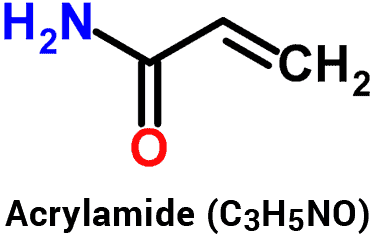
These are suspected carcinogens created during high intensity heat, such as roasting. All roasted seed/nut butters face this predicament. This is why you should buy raw whenever possible.
Trader Joe’s sunflower butter is definitely not raw, nor are any of the SunButter varieties and other smaller brands, like Once Again and Bliss.
Although we haven’t seen it sold at a brick and mortar store, we recommend Windy City Organics Dastony as the best brand. It’s made using 100% organic, raw, and stone ground sprouted sunflower seeds. You can buy it on Amazon.
Eating whole seeds vs. protein isolates
Just like there are pea, rice, and whey protein isolates, the same can be made from sunflower seeds. Of course this requires processing which makes it less of a whole food and not something everyone will want. Setting that drawback aside, it beats the others in several ways…
4 sunflower protein powder benefits
Less likely to cause gas and bloating
The Fabaceae family covers all legumes, including peas and beans. The reason they can cause farts is because they contain a sugar called oligosaccharide. Humans don’t make the enzyme to break this down, so they end up fermenting in the small intestine with the bacteria present there (that’s how they’re digested).
High quality pea protein will have almost all of the oligosaccharide content removed, though trace amounts may remain. The advantage of sunflower seeds is that they are not in the Fabaceae family.
Whey and casein causes major protein farts too, but for different reasons.
Easy to digest
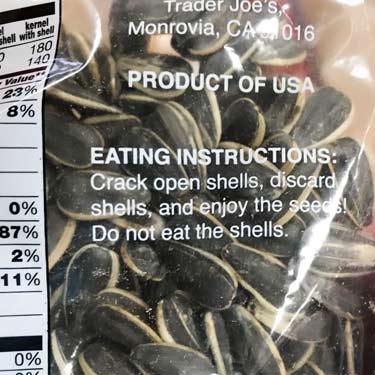
Try finding almonds or pistachios for that price!
They’re not easy to eat though. Since they’re still in the shell, you have to first remove every kernel, or spit out the shells while eating if your tongue is that talented.
Inevitably, some shell fragments get swallowed, and these can cause severe stomach aches for some people.
If you eat sunflower kernels without the shell, or better yet, protein isolate made from them, you’re given a food that’s friendly on the gut.
Rich in arginine
As mentioned above, there may be benefits for cardiovascular health and bodybuilding when it comes to foods rich in arginine.
Fat content is mostly removed
When eating the kernels, roughly 80% of the calories are in the form of fat.
The type of fat in sunflower seeds is largely made up of omega 6 fatty acids. In a one-quarter cup there is 8.07g of omega 6 (linoleic acid) and only 0.03g of omega 3.
Linoleic acid is associated with reduced risk of coronary heart disease. (6)
There is also 6.43 grams of oleic acid (monounsaturated) which is the desirable fat found in olive oil.
While both of these are healthy for you relative to other types of fat found in meat and dairy, neither are ideal in high amounts. As with any fat, weight gain can easily result from excess consumption.
The advantage of protein powder made from sunflower seeds is that you are reducing almost all of this fat content, which is okay because you’re likely getting plenty of it elsewhere if you eat a plant-rich diet on a daily basis.
Where to buy
With or without their shell, you can buy sunflower seeds practically anywhere, from gas stations to grocery stores. The seed butter can be found at Whole Foods, Kroger, Target, Walmart, and similar major retailers. The hardest form to find is sunflower protein concentrate, which may require an online purchase.
That’s even the case here in Los Angeles, when we checked at the best natural grocers in the city; Lassens, Erewhon, and Whole Foods. At none of these locations could we find the pure protein powder for sale.
A couple of the brands seen on these shelves do make it, but because it’s a niche source of protein, the stores don’t carry it.
The two biggest brands selling sunflower protein are Nature’s Plus and Pulsin. Both use USDA certified organic sources and they’re made without hexane extraction. They mix well, even without a blender.
Among this duopoly, we recommend Nature’s Plus which is available on Amazon.
Another alternative is eating sunflower protein bars.
The brand Rise makes a tasty vegan protein bar using just 5 ingredients; sunflower butter, coconut nectar, pea protein, cinnamon, and vanilla extract.
Given the sugar from the coconut nectar, they may be too naughty of a protein bar for snacking, but not after an intense workout. That’s when your muscles need to replenish their glycogen levels – they literally “soak up” your blood glucose during those first 30-60 minutes after heavy weightlifting.
Our favorite flavor of Rise bars is the sunflower cinnamon and you can get it on Amazon as well as some health food stores.
These statements have not been evaluated by the Food and Drug Administration. This product is not intended to diagnose, treat, cure, or prevent any disease.

